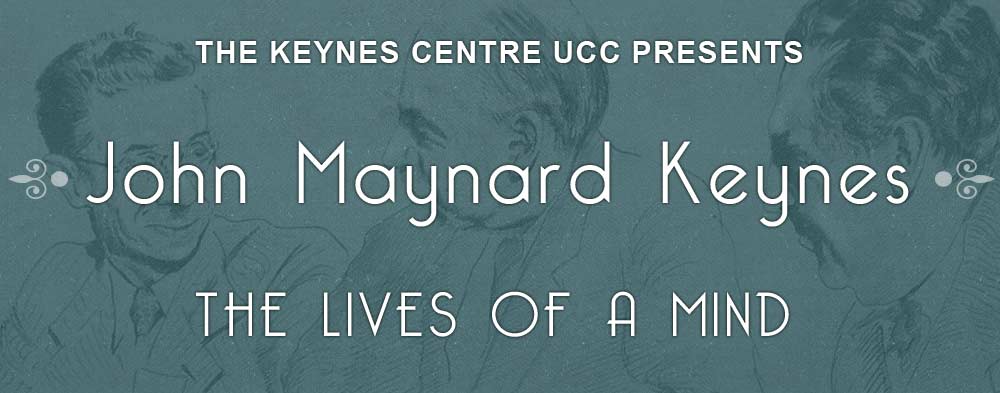


(John Maynard Keynes)
WITH the outbreak of The Great War in 1914, Keynes joined the Treasury to work on external financing for the war. This action disgusted his Bloomsbury friends who were against Britain fighting and was most difficult for him. He was in the British delegation to the Paris Peace Conference of 1918 which led to the Versailles Treaty.
He resigned in protest over the punitive reparations being imposed on Germany which he regarded as vindictive. He saw the behaviour of the Allies leaders as immoral and incompetent. In response he rapidly wrote and published The Economic Consequences of the Peace (1919) in which he predicted that the reparations issue would trigger a desire for revenge among Germans, as proved to be the case in the 1930s.
The book became an international best-seller, putting economics on the map for the general public and ultimately ensuring that policies after WWII were wiser and more humane. The book also made Keynes’s international reputation.